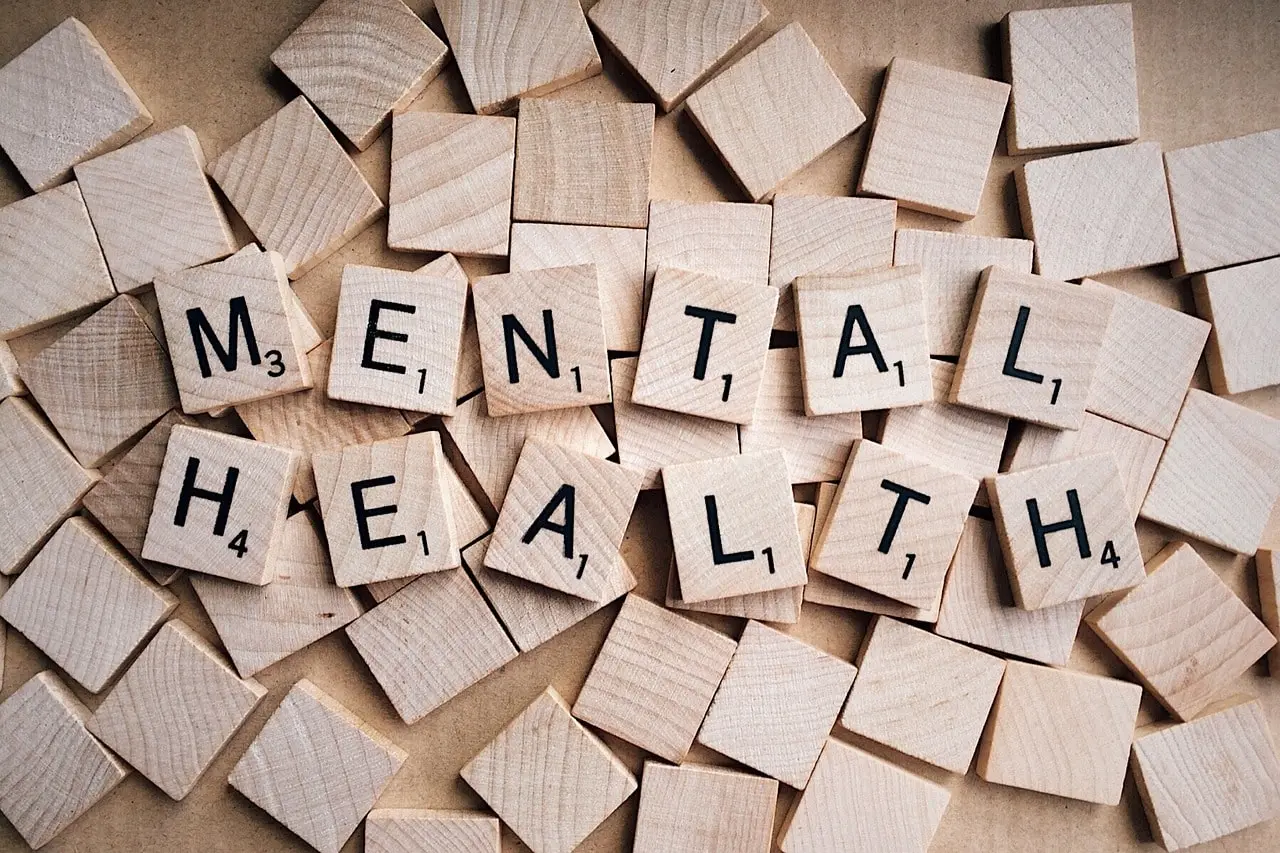Understanding Lrtsjerk
The term “Lrtsjerk” has become synonymous with online negativity. These individuals disrupt online spaces with excessive negativity, harassment, and trolling. Their behavior can range from personal attacks and spreading misinformation to simply being generally rude and hostile. While a less common definition suggests “Lrtsjerk” stands for “Let’s Randomly Try Something Just Extremely Ridiculous and Kooky,” this playful approach is overshadowed by the more prevalent negativity. Understanding the motivations behind Lrtsjerks, whether fueled by anonymity or the echo chambers of social media algorithms, is the first step towards protecting ourselves from their harmful impact.
The Impact ofLetsjerk on Mental Health
Encountering Lrtsjerks online can have a significant negative impact on your mental wellbeing.
A. Emotional Consequences
The constant barrage of negativity and hostility from Lrtsjerks can trigger a range of emotional responses. Anxiety and stress are common, as the fear of encountering negativity online can become pervasive. Lrtsjerks can also damage self-esteem, especially if their attacks target personal beliefs or experiences. Feeling isolated and ostracized can also be a consequence, as Lrtsjerks often aim to disrupt conversations and create a hostile environment.
B. Long-Term Effects
Unfortunately, the impact of Lrtsjerks can extend beyond temporary emotional distress. In severe cases, repeated exposure to online negativity can contribute to depression. The constant negativity can make it difficult to maintain a positive outlook and can erode trust in online interactions. This can lead to social withdrawal and a reluctance to participate in online communities.
Strategies for Protecting Yourself Online
The internet can be a great place to connect and share ideas, but it can also be a breeding ground for negativity. Here are some ways to protect yourself from Lrtsjerks and keep your online experience positive:
A. Recognizing Lrtsjerk Behavior
Not everyone who disagrees with you online is an Lrtsjerk. The following represent cautionary signs to be aware of:
- Using Insults and Gibberish: Lrtsjerks often resort to personal attacks, name-calling, and nonsensical language to disrupt conversations.
- Spreading Misinformation: They may try to manipulate discussions by spreading false information or twisting facts.
- Repeated Harassment and Trolling: Lrtsjerks may fixate on specific individuals or topics, relentlessly harassing them with negativity
B. Building Resilience Online
Don’t let Lrtsjerks control your online experience! Here’s how to build resilience:
- Set Boundaries: Don’t feel obligated to engage with negativity. You can mute, block, or even unfollow people who consistently spread negativity.
- Prioritize Self-Care: Take breaks from social media and online interactions if you feel overwhelmed. Disconnect and do activities that make you happy.
- Curate Your Online Experience: Follow positive and inspiring accounts, join online communities that promote kindness and respect.
C. Taking Action Against Lrtsjerk
Most platforms have reporting mechanisms for harassment and bullying. Use them! Report Lrtsjerks to the platform and block them from interacting with you further.
Don’t give Lrtsjerks the power to ruin your online experience. By recognizing their behavior, building resilience, and taking action against them, you can create a more positive and healthy online space for yourself.
Conclusion
The article “Lrtsjerks & Your Mental Health: Protect Yourself Online” offers a compelling look at the negative impact these online harassers can have and provides valuable strategies for safeguarding your mental wellbeing. Lrtsjerks, known for their excessive negativity, trolling, and hostility, can trigger anxiety, erode self-esteem, and lead to feelings of isolation. The constant barrage of negativity can even contribute to depression and a general distrust of online interactions.
However, the article empowers readers with practical tools to combat Lrtsjerks. Learning to recognize their tactics, like insults, misinformation, and relentless harassment, is the first step. Building resilience involves setting boundaries, prioritizing self-care, and curating a positive online space. Finally, reporting Lrtsjerks and blocking them demonstrates that negativity won’t be tolerated. By taking these steps, we can create a healthier and more enjoyable online environment for ourselves and others.
FAQ’s
Q. What is an Lrtsjerk?
A. An Lrtsjerk is someone who disrupts online spaces with negativity, harassment, and trolling. They may use insults, spread misinformation, or simply be rude and hostile.
Q. How can Lrtsjerks affect my mental health?
A. Encountering Lrtsjerks online can lead to anxiety, stress, and decreased self-esteem. Repeated exposure can even contribute to depression and distrust in online interactions.
Q. How can I spot an Lrtsjerk?
A. Look for red flags like using insults, spreading misinformation, or repeatedly harassing individuals or topics.
Q. What can I do to protect myself from Lrtsjerks?
A. Set boundaries: Mute, block, or unfollow negative people.
Prioritize self-care: Take breaks from social media and focus on activities that make you happy.
Curate your online experience: Follow positive accounts and communities that promote kindness.
Report Lrtsjerks: Most platforms have reporting mechanisms for harassment.
Q. Is there anything else I can do?
A. Remember, you don’t have to engage with negativity. By recognizing Lrtsjerk behavior, building resilience, and taking action, you can create a more positive online space for yourself.





